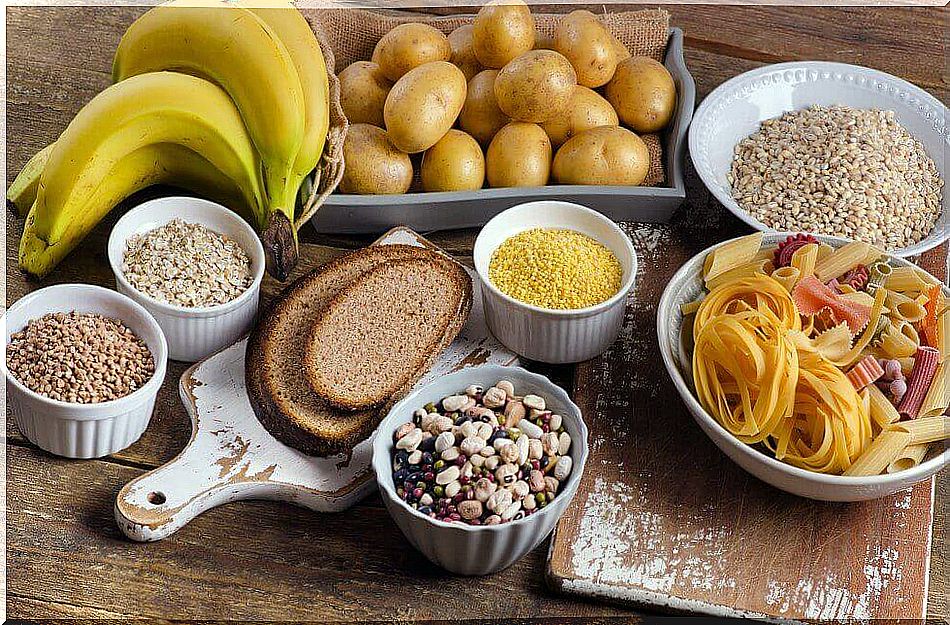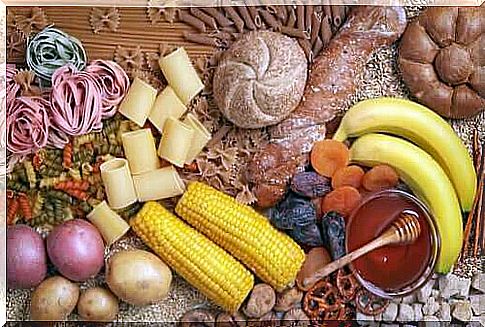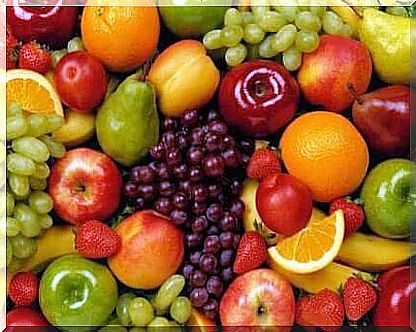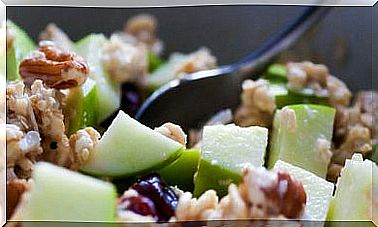Smart Choice Of Carbohydrates: 5 Tips
When it comes to carbohydrates, it is important to make the right choice. Discover today why carbohydrates are important for health and which types you should prefer.

Carbohydrates have a bad rap, especially because they are notorious for fattening up. But they have numerous health benefits and are one of the most important macronutrients. They should therefore not be missing in a balanced, healthy diet. But it depends on the types of carbohydrates you consume.
Because some are healthier, others less. Learn more about this topic in our article today.
But before we go into the different types of carbohydrates in more detail, let’s briefly define what they are and why our body needs these substances.
Carbohydrates and their properties

Saccharides or carbohydrates are macronutrients that are found in a great many foods and beverages. Most are of vegetable origin, such as cereals. Food manufacturers add carbohydrates in the form of starch or sugar to many finished products.
The main sources of natural carbohydrates are:
- fruit
- vegetables
- Dried fruits
- Grain
- Seeds
- legumes
Types of carbohydrates
There are basically three different groups of carbohydrates that are representative in our diet:
Sugar: Sugar is the simplest form and is naturally found in fruits, vegetables, milk (and dairy products). For example, fructose (fruit sugar), sucrose (common sugar) and lactose (milk sugar) are carbohydrates.
Starch: In this case, it is a complex carbohydrate made up of several monosaccharide molecules. Starch can be found in plant-based foods, the greater the concentration the less they are processed or cooked.
Dietary fiber: Dietary fiber is also complex carbohydrates. They are naturally found in fruits and vegetables, whole grains, and seeds.
How much carbohydrates do we need?
A report by the World Health Organization (WHO) shows that carbohydrates are the most important daily source of energy and should represent between 55 and 75 percent. On the other hand, simple sugars should make up less than 10 percent of it.
So if we are consuming 2000 calories a day, between 900 and 1300 calories should come from carbohydrates. That’s around 225 to 325 grams a day.
5 tips for the right choice of carbohydrates
Consumption of carbohydrates is essential in any healthy diet because they are a very healthy source of energy. However, not all carbohydrates are prepared the same way and not all are healthy.
We then have some tips for you so that you can incorporate the right carbohydrates into your diet in a healthy way.
1. More fresh fruits and vegetables that are high in fiber

Fresh, frozen, or canned fruits and vegetables with no added sugar are excellent choices. Other options are freshly squeezed fruit juices or dried fruit, which, however, contain concentrated sugar and therefore more calories. You should therefore only eat small amounts of it.
Fruits and vegetables also provide fiber, water, vitamins, and essential minerals. These will help you stay full longer, even if you are consuming fewer calories.
2. Whole grain cereals
Whole grains provide far more fiber and other nutrients, such as B vitamins, than refined grains. Because during the production of white flour, the kernel and shell are removed and with it nutrients and fiber.
3. Low fat dairy products

Milk, cheese, and yogurt, as well as other dairy products, are excellent sources of calcium and protein. They also provide vitamins and minerals. It’s best to consume low-fat dairy products, which are lower in calories and saturated fat. Avoid dairy products with added sugar.
4. Legumes
Legumes, like beans, peas, and lentils, are very versatile and nutritious foods. They are generally low in fat, but high in folates, potassium, iron, and magnesium. They also provide valuable fiber.
Legumes are an excellent source of protein and can be used as meat substitutes. Because meat contains saturated fat and cholesterol, you should only eat it in moderation.
5. Limit the consumption of added sugar

Added sugar does not have to be harmful in small amounts. But it also has no health benefits and we usually take far too much of it. In a healthy diet, sugar should be reduced to less than 10 percent of the calories consumed daily.
A particularly large amount of sugar can be found in finished products and commercially available soft drinks. You should therefore only consume these in exceptional cases.
Smart carbohydrate choices are fundamental to a healthy diet. Limit the consumption of added sugar and white flour, such as in commercial soft drinks, manufactured baked goods, desserts, etc. They are high in calories and not nutrients. Fruits, vegetables, and whole grains are far better choices!









